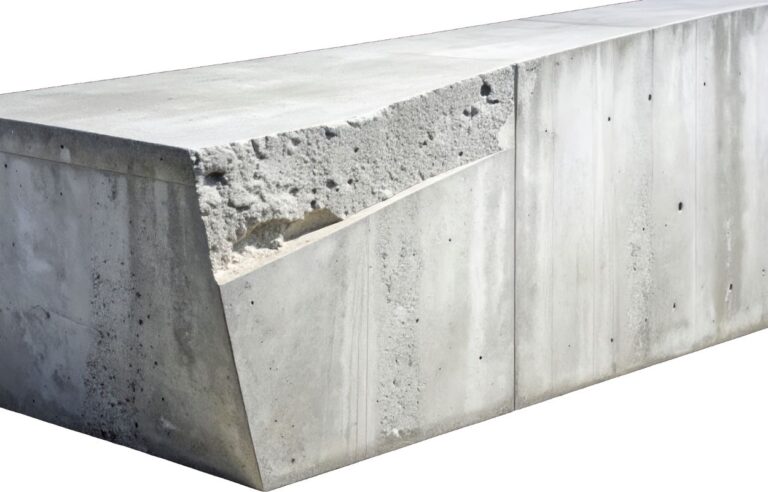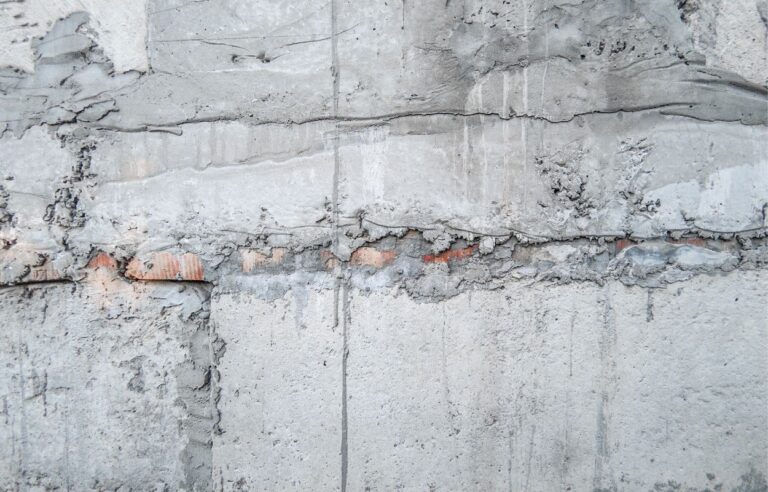So, you’ve decided to say goodbye to that old structure on your property. Maybe it’s a house, a shed, or even a commercial building. Now you’re left with a big question: Should you go with deconstruction or demolition? While these two methods achieve the same end result—a cleared site—they are very different in terms of process, cost, and impact. Let’s dive into the details and figure out which option might be worth your investment.
WHAT’S THE DIFFERENCE BETWEEN DECONSTRUCTION AND DEMOLITION?
Before we get into costs, it’s important to understand the key differences. Demolition is fast, straightforward, and typically involves heavy machinery to knock down the structure. Debris gets hauled off to a landfill, and that’s the end of it. It’s the “smash and dash” approach.
Deconstruction, on the other hand, is a more methodical process. Workers carefully dismantle the structure piece by piece, salvaging materials like wood, metal, and fixtures that can be reused or recycled. It’s not just tearing things apart; it’s about preserving what’s still valuable.
The Cost Factor: Deconstruction vs. Demolition
Let’s talk money, because that’s usually the first thing people consider. Demolition is typically cheaper upfront. The process is quick, so labor costs are lower, and there’s less time involved overall.
Deconstruction, however, often costs two to three times more than demolition. Why? Because it’s labor-intensive. Instead of a single-day job with a wrecking ball, deconstruction can take several days or even weeks. That’s a lot of hours to pay for. However, there’s a silver lining—salvaged materials can sometimes offset the costs. If you’re able to sell or donate items like old-growth wood or vintage fixtures, you might recoup a good chunk of your investment.
Environmental Impact
One of the biggest arguments for deconstruction is its eco-friendly benefits. When you opt for deconstruction, up to 90% of the materials can be reused or recycled, depending on what they are. That’s a lot less waste ending up in the landfill. For example, reclaimed wood can find new life in furniture or flooring, while bricks and concrete can be repurposed for other building projects.
Demolition, on the other hand, tends to generate a significant amount of waste. Most of it ends up in a landfill, contributing to environmental strain. If sustainability matters to you, deconstruction is the clear winner.
The Time Factor
Time is money, as they say, and this is another area where demolition often has the edge. If you’re on a tight schedule, demolition is the way to go. A crew can often knock down a structure and clear the debris in just a few days. This makes it a popular choice for people who need to move quickly—whether it’s for a new construction project or to sell the property.
Deconstruction, while slower, offers its own timeline perks. Salvaging materials can sometimes delay the process, but the end result might be worth it, especially if you’re able to reuse those materials in your next project. Plus, some municipalities offer tax incentives for deconstruction, which can make the extra time and effort more appealing.
FINANCIAL INCENTIVES AND TAX BENEFITS
Speaking of tax incentives, this is an area where deconstruction can really shine. Many communities, including those around Port Alberni, offer financial perks for choosing sustainable practices. If you donate salvaged materials to a non-profit organization, you might qualify for a tax deduction. That can help offset the higher upfront cost of deconstruction.
Demolition doesn’t offer these kinds of incentives. The process is cut-and-dried, and once it’s done, there’s no opportunity to recoup any costs. So, if you’re weighing your options purely in terms of long-term financial benefits, deconstruction could tip the scales.
SAFETY CONSIDERATIONS
Both deconstruction and demolition come with safety risks, but the nature of those risks differs. Demolition involves heavy machinery and often requires blasting or heavy impact, which can be dangerous without proper precautions. However, because the process is faster, the exposure to hazards is typically shorter.
Deconstruction, while slower, requires manual labor, which carries its own set of risks. Workers handle tools and materials directly, increasing the chances of injury if safety protocols aren’t strictly followed. That said, professional crews in both fields are well-trained to minimize risks, so safety shouldn’t be a deciding factor unless you’re planning to DIY (which we do not recommend).
WHAT ABOUT DEMOLITION IN PORT ALBERNI SPECIFICALLY?
If you’re looking at demolition in Port Alberni, you’ll find plenty of local contractors ready to help. The city’s relatively small size means pricing tends to be competitive, and the turnaround time is usually quick. Plus, many demolition companies in the area are familiar with local regulations and can guide you through any required permits or paperwork.
Deconstruction services might be harder to come by in smaller towns like Port Alberni, but they’re worth seeking out if you’re leaning toward a more sustainable approach. Some contractors specialize in hybrid methods—a mix of demolition and deconstruction—to balance cost, time, and environmental impact.
IS IT WORTH THE INVESTMENT?
The answer to this question depends on your priorities. If you’re working with a tight budget and need the job done fast, demolition is the obvious choice. It’s quick, straightforward, and cost-effective. However, if you’re passionate about sustainability, willing to invest a bit more, and have the time to spare, deconstruction could be a rewarding option.
For many people, the best solution is a mix of the two. Salvaging high-value items before demolishing the rest of the structure can give you the best of both worlds—lower costs, faster timelines, and some environmental benefits.
FINAL THOUGHTS
Whether you choose deconstruction or demolition in Port Alberni, it’s all about finding the right fit for your needs and goals. Take the time to research local contractors, get multiple quotes, and weigh the pros and cons carefully. After all, every project is unique, and what works for someone else might not work for you.
So, is deconstruction worth the investment? For some, absolutely. For others, demolition might be the better route. Either way, you’re taking the first step toward something new and exciting. Good luck with your project—and don’t forget to share your experience with others who might be facing the same decision!





